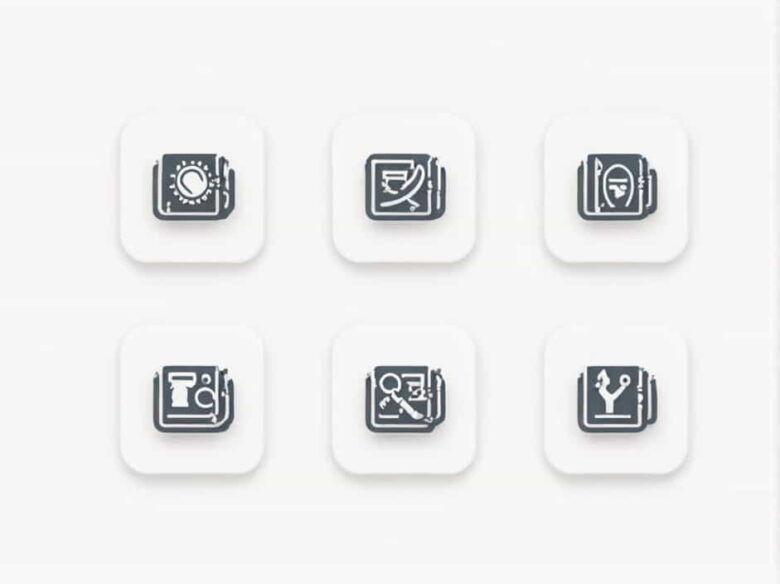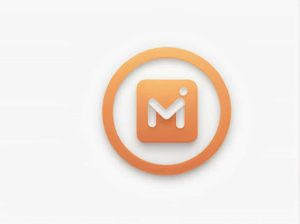Understanding Bar Exam Accessibility
The bar exam is a crucial step for aspiring lawyers, testing their knowledge of legal principles, ethics, and practical applications. However, for visually impaired candidates, taking the exam presents unique challenges. Ensuring accessibility is essential to provide equal opportunities and maintain fairness in the legal profession.
Bar exam boards and testing institutions have made significant strides in accommodating visually impaired test-takers. These accommodations help ensure that all candidates can demonstrate their legal knowledge without being disadvantaged by their disability.
Legal Protections for Visually Impaired Test-Takers
Americans with Disabilities Act (ADA)
The Americans with Disabilities Act (ADA) is a federal law that prohibits discrimination against individuals with disabilities, including in education and testing. Under the ADA, bar examiners must provide reasonable accommodations for visually impaired candidates to ensure equal access.
Section 504 of the Rehabilitation Act
This law applies to institutions that receive federal funding. It requires that individuals with disabilities receive necessary accommodations, including those taking professional licensing exams such as the bar exam.
State Laws and Regulations
In addition to federal protections, many states have their own laws requiring accommodations for disabled individuals. These regulations help ensure that visually impaired candidates receive appropriate support during their exams.
Common Accommodations for Visually Impaired Candidates
Exam administrators offer a variety of accommodations to support visually impaired test-takers. These modifications are designed to help candidates complete the exam without unnecessary barriers while maintaining the exams integrity.
1. Extended Time
Visually impaired candidates often require extra time to complete the exam due to the need for assistive technology or alternative reading methods. The amount of additional time granted depends on individual needs and the nature of the impairment.
2. Screen Readers and Text-to-Speech Software
Many bar examiners provide screen readers or text-to-speech software, which allow test-takers to hear the text instead of reading it. Popular programs include:
- JAWS (Job Access With Speech)
- NVDA (NonVisual Desktop Access)
- VoiceOver (for Mac users)
3. Braille and Large-Print Exams
Candidates who rely on Braille can request the exam in a format compatible with Braille readers. Additionally, large-print exams are available for individuals with low vision who need enlarged text to read more comfortably.
4. Assistive Devices
Certain assistive devices are permitted, including:
- Magnifiers for candidates with low vision
- Refreshable Braille displays for Braille users
- Digital notetakers to help with essay writing
5. Human Readers and Scribes
Some test-takers benefit from human readers, who read the questions aloud, or scribes, who write responses dictated by the candidate. These accommodations are particularly useful for candidates who cannot use screen readers or voice recognition software.
6. Private Testing Rooms
To minimize distractions, visually impaired candidates may be allowed to take the exam in a private room. This accommodation ensures a quiet environment for those using screen readers or needing extra time.
7. Alternative Answer Submission Methods
Since traditional answer sheets may not be accessible, some candidates use:
- Speech-to-text software to dictate answers
- Typing on a computer instead of handwriting responses
- Braille transcription services to convert answers into readable text for grading
How to Request Accommodations
1. Understanding Requirements
Each jurisdiction has different requirements for requesting accommodations. Candidates should review the state bar examiners’ guidelines early to understand what documentation is needed.
2. Submitting Documentation
To receive accommodations, candidates typically need to submit:
- A medical or psychological evaluation from an eye care professional or specialist
- A detailed history of past accommodations in school or previous exams
- A personal statement explaining the impact of their visual impairment on test-taking
3. Applying Early
Since accommodation requests take time to process, it is recommended that candidates apply as early as possible often months in advance to ensure approval before the exam date.
4. Communicating with Exam Officials
Candidates should maintain open communication with exam administrators to clarify requirements and confirm approved accommodations. Some jurisdictions allow candidates to test accommodations in a practice session before the official exam.
Challenges in Bar Exam Accessibility
While many jurisdictions offer accommodations, visually impaired candidates still face challenges, including:
1. Lack of Standardization
Not all states provide the same accommodations, leading to inconsistencies in accessibility. Some jurisdictions offer extensive support, while others have limited options.
2. Technology Limitations
Although screen readers and assistive software help, some exam platforms may not be fully compatible with these tools, making navigation difficult.
3. Delayed Approvals
Accommodation requests can take weeks or even months to process, creating stress for candidates waiting for approval. Late decisions may force candidates to defer their exam dates.
4. Cost Barriers
While accommodations are legally required, some candidates may need to purchase assistive technology or hire private readers at their own expense if certain services are unavailable.
The Future of Bar Exam Accessibility
1. Improving Digital Accessibility
As more bar exams shift to computer-based testing, ensuring full compatibility with screen readers and Braille displays is essential. Developers must design accessible software to prevent technical barriers.
2. Increasing Awareness and Training
Bar examiners should receive training on the needs of visually impaired candidates. Increased awareness can help ensure accommodations are correctly implemented.
3. Expanding Remote Testing Options
Remote bar exams can benefit visually impaired test-takers by allowing them to use familiar assistive technology at home. However, examiners must ensure proctoring software does not interfere with accessibility tools.
4. Advocating for Uniform Policies
A standardized, nationwide policy on bar exam accessibility would help ensure equal treatment across all states, reducing disparities in accommodations.
Visually impaired candidates face unique challenges in taking the bar exam, but legal protections and accommodations help ensure a fair testing environment. By offering extended time, assistive technology, alternative formats, and private rooms, examiners can support test-takers in demonstrating their legal knowledge.
Despite progress, challenges remain, including inconsistencies in accommodations, technological limitations, and delayed approvals. Continued advocacy and improvements in accessibility will ensure that all aspiring lawyers, regardless of visual impairment, have an equal opportunity to pursue their legal careers.



